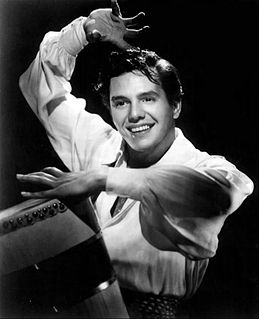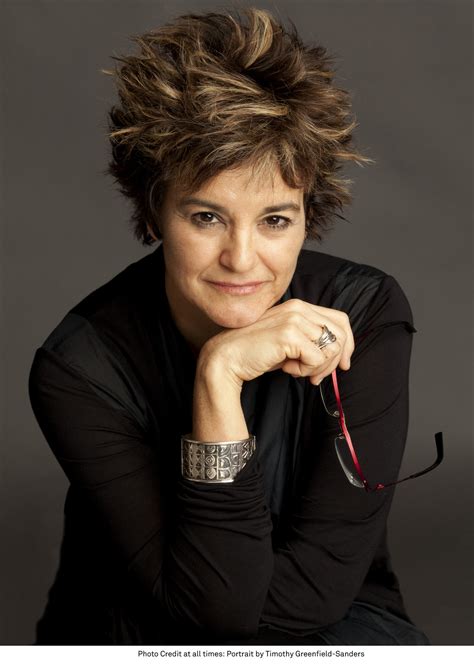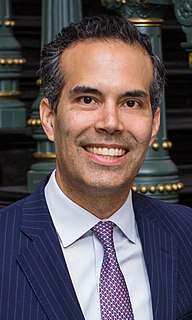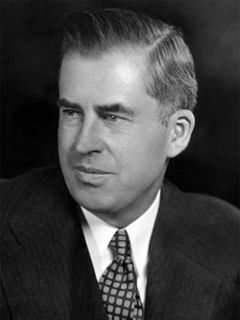A Quote by Desi Arnaz
The custom of my grandfather's day is still going strong in Latin America. American girls do not seem to understand it.
Related Quotes
If it is an element of liberation for Latin America, I believe that it should have demonstrated that. Until now, I have not been aware of any such demonstration. The IMF performs an entirely different function: precisely that of ensuring that capital based outside of Latin America controls all of Latin America.
Mexico City is the center of art and culture and politics and has been and continues to be for Latin America in a way that I think really called to me as an artistic person, as someone that was interested in the politics of Latin America, you know. God, every single famous person in Latin American history and art and politics seems to have found their way to Mexico City.
I feel like people have stereotypes and notions about Latin America that aren't necessarily accurate or aren't particularly positive. For me, Latin America is a place that I personally really love and enjoy visiting and going to, and I wanted to be able to show it in a light that was very different to an Asian, Korean viewer.
Things have changed in Latin America now. We mostly have democratic governments in Latin America, so the position of the writer has changed. It is not as Neruda used to say, that a Latin American writer walks around with the body of his people on his back. Now, we have citizens, we have public means of expression, political parties, congress, unions. So, the writer's position has changed, we now consider ourselves to be citizens - not spokespeople for everybody - but citizens that participate in the political and social process of the country.



































